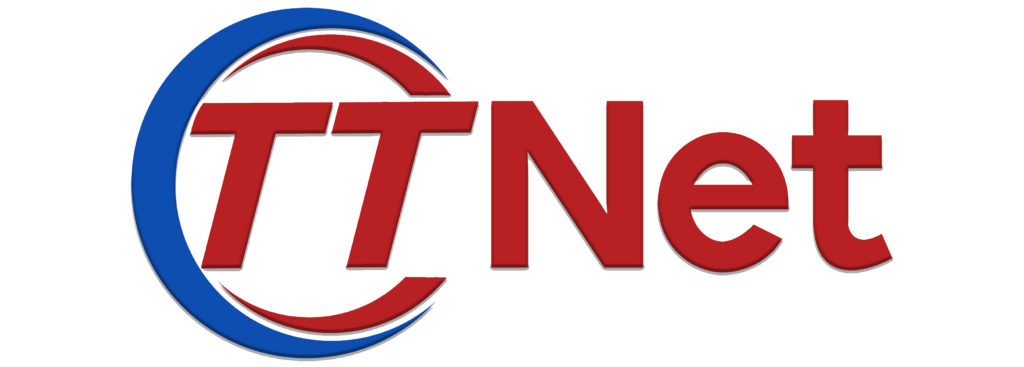
Introduction
Voice over Internet Protocol (VoIP) technology has revolutionized communication for businesses and individuals in Cameroon, offering cost-effective, flexible, and scalable alternatives to traditional telephony. However, as VoIP adoption grows, so do security risks and regulatory complexities. Cameroon’s telecom sector, governed by the Agence de Régulation des Télécommunications (ART), imposes strict rules to protect national security and consumer interests. For businesses, securing VoIP calls while complying with these regulations is critical.
This blog explores the challenges of VoIP security in Cameroon’s regulatory landscape and how TTNET’s VoIP PBX service provides a robust solution to safeguard communication while adhering to local laws.
1. The Rise of VoIP in Cameroon: Opportunities and Risks
Cameroon’s businesses, from SMEs to multinationals, rely on VoIP for international calls, remote collaboration, and customer support. Its affordability and flexibility make it indispensable in a digitizing economy. However, the shift to internet-based communication introduces vulnerabilities:
– Eavesdropping: Unencrypted calls can be intercepted.
– Fraud: Phishing, toll fraud, and identity spoofing.
– DDoS Attacks: Disrupting services by overwhelming networks.
– Regulatory Non-Compliance: Fines or service suspension for violating ART guidelines.
Securing VoIP is not optional, it’s a necessity for business continuity and legal compliance.
2. Cameroon’s Regulatory Landscape for VoIP
The ART oversees Cameroon’s telecom sector, ensuring fair competition and lawful use of communication tools. Key regulations affecting VoIP include:
– Licensing Requirements: Only licensed providers can offer VoIP services.
– Lawful Interception: Providers must enable authorities to monitor communications for security purposes.
– Data Localization: Call metadata may need local storage.
Non-compliance risks penalties, making it vital for businesses to partner with ART-compliant providers like TTNET.
3. VoIP Security Challenges in Cameroon
a. Technical Vulnerabilities
VoIP systems face threats like:
– Man-in-the-Middle (MitM) Attacks: Hackers intercepting unencrypted calls.
– SIP Vulnerabilities: Exploiting Session Initiation Protocol weaknesses.
– Malware Infections: Compromising devices via phishing links.
b. Regulatory Pressures
Balancing security with compliance (e.g., enabling lawful interception) adds complexity.
c. Infrastructure Limitations
Unstable internet and power outages in Cameroon can expose systems during downtime.
4. TTNET VoIP PBX: A Secure, Compliant Solution
TTNET’s VoIP PBX service combines enterprise-grade security with ART compliance, offering:
a. End-to-End Encryption
– SRTP and TLS: Encrypts voice data (SRTP) and signaling (TLS), preventing eavesdropping.
– Secure SIP Trunking: Authenticates endpoints to block spoofed calls.
b. Regulatory Compliance
– Lawful Interception Support: Integrates with ART requirements without compromising security.
– Local Data Centers: Stores metadata in Cameroon to meet localization laws.
c. Advanced Threat Detection
– AI-Powered Firewalls: Blocks DDoS attacks and suspicious traffic.
– Fraud Monitoring: Alerts for unusual call patterns (e.g., sudden international spikes).
d. Redundant Infrastructure
– Geo-Redundant Servers: Minimizes downtime during outages.
– Automatic Failover: Seamlessly switches to backup connections.
e. Customizable Access Controls
– Role-Based Permissions: Restricts call routing and system changes to authorized users.
– Multi-Factor Authentication (MFA): Adds a layer of login security.
5. Best Practices for VoIP Security in Cameroon
Even with TTNET’s secure PBX, businesses should adopt these practices:
– Regular Audits: Check for vulnerabilities and compliance gaps.
– Employee Training: Teach teams to recognize phishing and social engineering.
– Network Segmentation: Isolate VoIP traffic from public-facing servers.
– Firmware Updates: Patch PBX systems and routers promptly.
6. Conclusion
In Cameroon’s evolving regulatory environment, securing VoIP requires a proactive approach. TTNET’s VoIP PBX service offers a turnkey solution, blending military-grade encryption, compliance tools, and resilient infrastructure. By partnering with TTNET, businesses can focus on growth, not security headaches.
Call to Action
Ready to secure your VoIP communications? Explore TTNET’s VoIP PBX services today. [Contact us] for a free consultation tailored to Cameroon’s regulatory needs.

